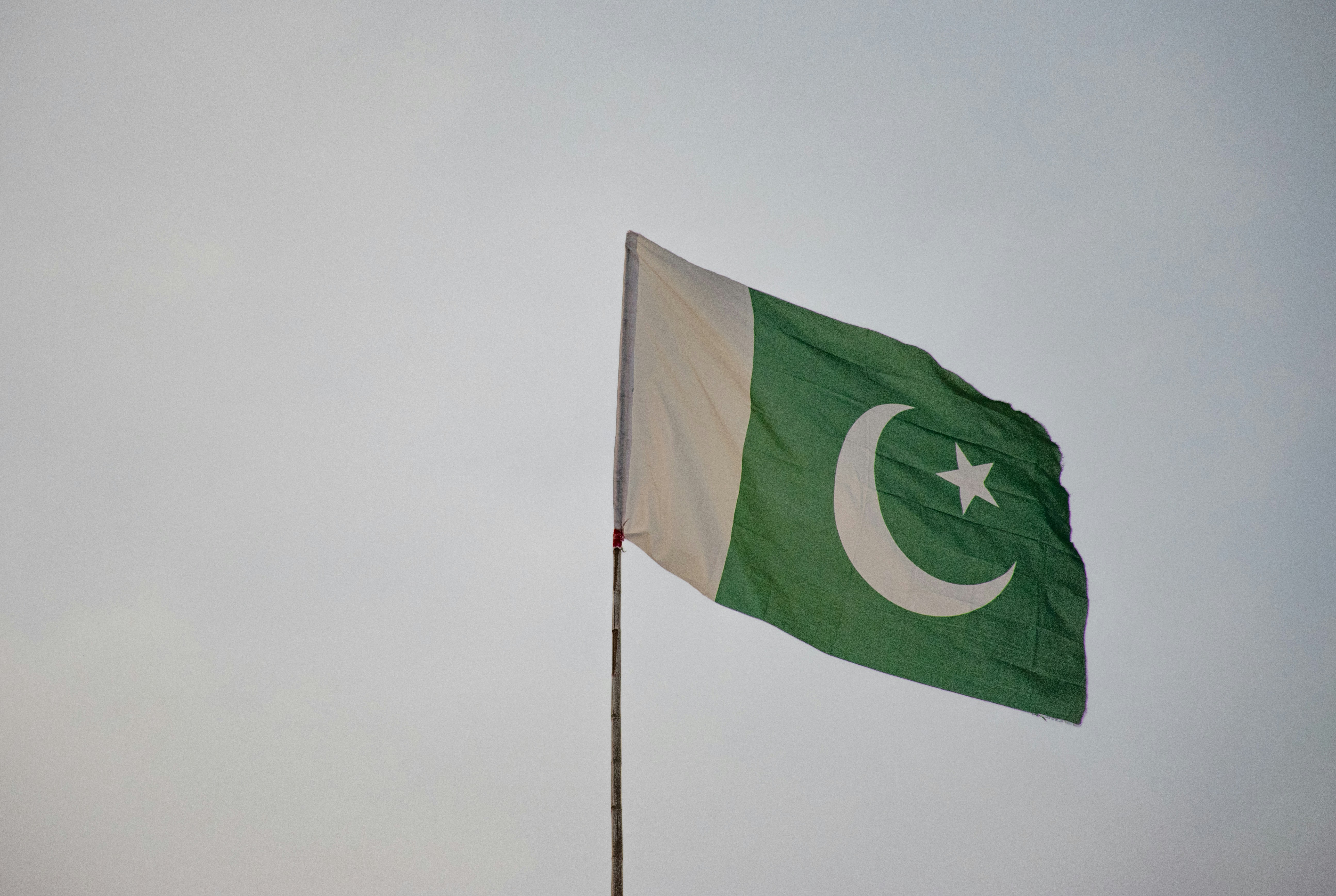CTRL + ALT + DEL | Pakistan Rebooted
February 12, 2024•752 words

As a former Karachiite, the recent political developments in Pakistan hold a special significance for me. Observing from afar, the unfolding scenario post-election paints a vivid picture of a nation at a critical crossroads, seeking to redefine its democratic identity. This reflection offers a glimpse into the complex tapestry of Pakistani politics, where the aspirations of its people for a more transparent and accountable governance system are becoming increasingly evident.In a surprising turn of events that unfolded over the past few days in Pakistan, the general elections have left the country in a unique political impasse, where no single party has managed to secure a clear mandate to form the government. This situation has captured the attention of both national and international observers, marking a significant moment in Pakistan's political history.
The elections were notably marked by the strong performance of the Pakistan Tehreek-e-Insaf (PTI), led by the jailed ex-premier Imran Khan. Despite the party's candidates outperforming other political blocs, they fell short of an absolute majority, complicating their path to forming a government. This outcome has been particularly startling for the Pakistani establishment, challenging the traditionally powerful role of the military in the country's politics. For decades, the generals have been perceived as the ultimate arbiters of political power in Pakistan, but the current electoral results have put this longstanding dominance into question.
The inability of PTI to form a government, despite their electoral success, highlights the complexities of the Pakistani political landscape. The party's candidates, many of whom ran as independents, face a disadvantage in the seat allocation process, which is likely to favor Nawaz Sharif's party, a three-time former prime minister. This intricate scenario underscores the challenges faced by new political movements in navigating the established political system.
The election results have sparked a wave of discussions about the future of Pakistan's democracy and the role of the military in its politics. Supporters of Imran Khan view the election as a protest against the establishment's interference in civilian matters, signaling a growing disenchantment with the status quo. This sentiment is particularly strong among the crisis-ridden middle class, which has been a bastion of support for Khan. Despite failing to deliver on many of his promises, Khan's vision for a European-style welfare state based on Islamic values continues to appeal to many.
The election results have also cast a spotlight on other political entities like the Muttahida Qaumi Movement (MQM) and Jamaat-e-Islami (JI), each facing its unique set of challenges and opportunities in this new political era. MQM, under the leadership of Mustafa Kamal, is presented with a chance to redefine itself. Kamal's vision for MQM involves transforming it into a platform that not only champions democratic values within its ranks but also attracts a wider array of independent voices. This approach aims to rejuvenate MQM, steering it away from past controversies and towards a more constructive role in Pakistan's political discourse.
Jamaat-e-Islami's situation is equally pivotal. One of my favorite politicans, Hafiz Sahab of JI, despite being viewed by some as a figure burdened by the party's historical baggage, is recognized for his sincerity and potential to bring about meaningful change. The challenge for Hafiz Sahab and JI is to transcend the stereotypes and reservations that have historically limited the party's appeal. By possibly reinventing JI's image and broadening its ideological reach, there's an opportunity for the party to play a more significant role in shaping Pakistan's future political landscape, even as it navigates the complexities of being perceived as having external support.
These developments underscore a broader trend of political evolution in Pakistan, where traditional power dynamics are being questioned, and new voices are seeking representation. The electorate's support for PTI, despite the party's inability to form a government, alongside the potential for rejuvenation within MQM and JI, reflects a deep-seated desire for change among the Pakistani populace. This desire extends beyond mere electoral success to encompass a more profound transformation of the political system, ensuring it better represents and serves the needs of its citizens.
The outcome of this election, therefore, marks a critical juncture in Pakistan's democratic journey. It highlights the resilience of its people and their commitment to advocating for a more inclusive, accountable, and representative political order. As the country navigates through this period of uncertainty, the spirit of democracy and the demand for change remain stronger than ever, signaling a new chapter in Pakistan's political narrative, where the voices of the people increasingly dictate the direction of their governance. Pakistan Zindabad. MashAllah